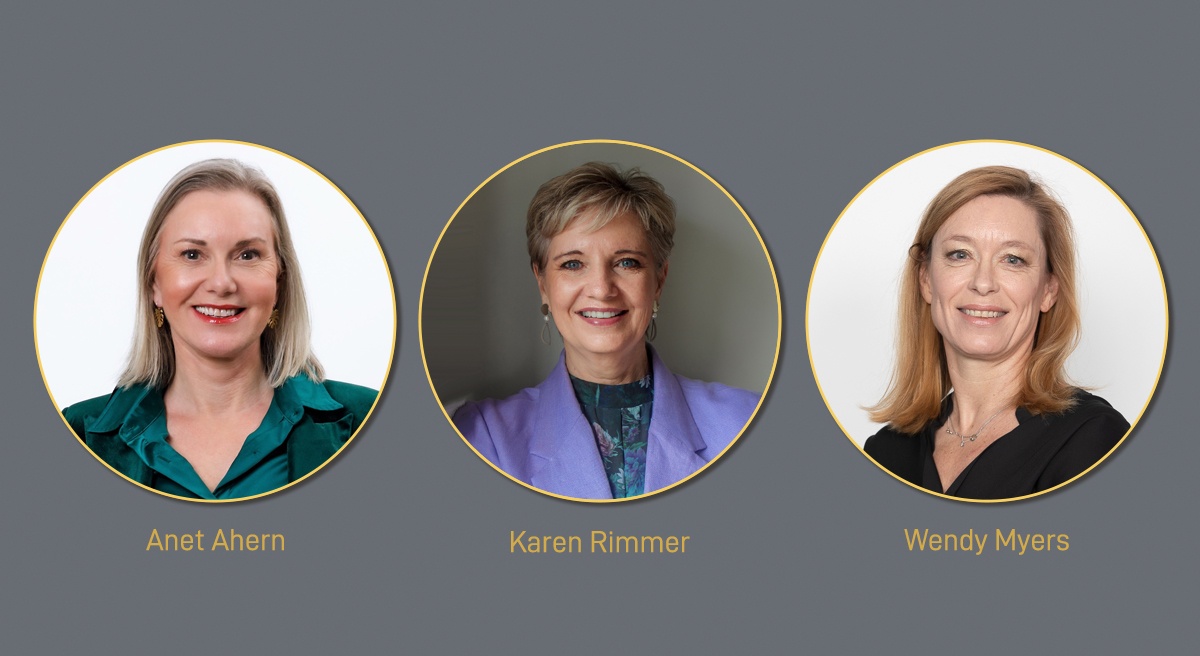The World Economic Forum (WEF) 2024 Global Gender Gap Report shows incremental progress in women’s senior leadership roles globally, with financial services showing notable progress. Yet, challenges remain, including gender bias and a significant drop-off in the rate of women advancing to leadership positions.
The report shows that, globally, women’s representation in senior leadership roles across every industry has seen “modest improvements” since 2016, with the financial services sector highlighted as one of the top four sectors in terms of improvement in these criteria, from 27.5% to 29.7%.
Although inroads have been made in certain areas of financial services, pockets of disparity exist within particular sub-areas. According to a 2023 report commissioned by the Responsible Finance Initiative of the Gordon Institute of Business Science (GIBS) “Diversity in Asset Management”, women account for only 17.2% of portfolio management professionals in South Africa.
Reflecting on her career, Wendy Myers, the head of Securities at PSG Wealth, says the most significant challenge she has experienced has been to “crack the boys’ club” where gender bias is a reality. Myers says women are expected to deliver more than their male counterparts and are treated differently as a result.
“I have experienced instances where male managers have a more relaxed relationship with men who report to them, so engagement with women tended to be more formal, leading to different expectations on performance where women are expected to do more than their male counterparts,” she explains.
Another significant challenge within the industry is the career trajectory for women. According to the WEF, financial services experience the second highest drop off rate in terms of female employees progressing to leadership roles, with a C-suite-to-entry-level ratio of 44%.
For Myers, this was a very real experience.
“When I expressed my desire to grow and develop into more senior and strategic roles, I was not supported by my manager at the time due to the need to retain me in my current role given my specialist knowledge.”
She says women tend to be typecast in roles that require attention to detail, whereas men tend to dominate more in strategic roles.
“I believe that women can easily transition across both skill sets when given the opportunity. Ironically, it was a woman who offered me my first opportunity into a strategic role, and I haven’t looked back since,” Myers says.
PSG Asset Management’s chief executive, Anet Ahern, believes that despite its shortcomings in terms of the rate of change on gender parity, the local industry has come a long way. To build on the momentum and grow more female leaders in financial services, she says it is critical for women to use the gender bias argument thoughtfully and judiciously.
“As women, we need to pick our battles. Sometimes no reaction is the most powerful one. But define your line, and when it is crossed, act, escalate, deal with it, and move on.”
For Ahern, resilience and being constructive in the face of difficulty is what ultimately creates success for female leaders.
“My journey was not easy. Obtaining my CFA when I was still an administrative assistant in the trading office (with an Honours degree) sent a strong signal and acknowledgement of my ambitions.”
She believes that taking on more responsibilities demonstrates skill and willingness, provided current tasks are being delivered well.
“Taking on unpopular or menial tasks may win additional recognition, but these must be politely handed over once you have proved your willingness to help.”
The relinquishing of extra tasks is critical, because women in the workplace are widely believed to take on more than men – despite earning less on average.
According to a 2024 study from research body Southern Africa – Toward Inclusive Economic Development (SA-TIED), an new of South African income data from 2008 to 2021 shows the gender pay gap has increased. In 2021, women in South Africa earned 78 cents for every rand earned by men, compared to 89 cents in 2008.
Despite pay disparities in certain areas, Karen Rimmer, the head of Distribution at PSG Insure, believes that excelling in one’s role will open the necessary doors.
“My only strategy ever was to do my job really well. My knowledge, dedication, and how I conducted myself was noticed and led to opportunities that I would not have even considered myself.”
Rimmer, who has often served in management teams where she was the only woman, says she never felt that she had to compete with male colleagues or had to do something different or additional to be accepted.
“It was always important to me to be the person that I am, but also to be a team player.”
Rimmer believes the environment is already inclusive.
“Women must claim their space and not shy away from the opportunities available. Leaders are respected for their results and how they inspire their staff. These characteristics are not ender specific, and as females, we may even have the competitive edge,” she says.



